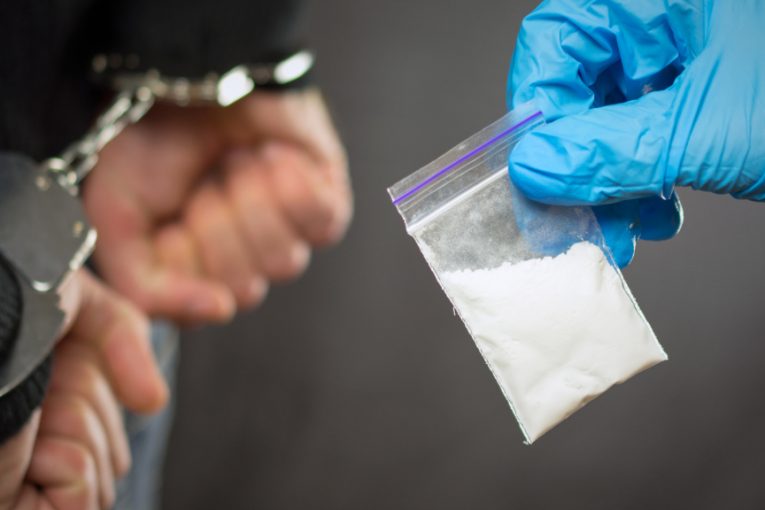

By Eric Grammatico
SACRAMENTO, CA – Senator Scott Wiener’s Senate Bill 110 successfully passed through the State Assembly Committee on Health on last week.
The bill would legalize the allocation of funds from Medi-Cal to help implement Contingency Management (CM) interventions throughout the state. CM intervention is a tried and proven method of approaching substance abuse by setting up reward systems based on tangible prizes as recipients remain sober throughout the process.
The California methamphetamine epidemic reached a new high in 2020 with an estimated 4,606 meth-related deaths, according to the CDC. This number makes up 27 percent of all drug-related deaths, making meth the second most deadly drug.
To put these numbers into further perspective, the CDC reported 5,659 opiate-related deaths in the same year, amounting to 33 percent of all overdose deaths reported in the state.
Reports also showed a spike in meth- and opiate-related deaths at the beginning of the pandemic, and experts are now linking the rise in deaths to mandated lockdowns. Forced isolation and the  lack of supervision by their peers appeared to have opened the door to the fatal abuse of drugs all across the spectrum.
lack of supervision by their peers appeared to have opened the door to the fatal abuse of drugs all across the spectrum.
“According to the San Francisco Department of Public Health (SFDPH), since 2008, meth overdose deaths in San Francisco have increased by 500 percent. Additionally, 50 percent of psychiatric emergency room admissions at San Francisco General Hospital are now meth-related. These disturbing statistics demonstrate the urgency with which San Francisco and other communities must address this epidemic,” stated Sen. Wiener’s office.
The CEO of APLA Health, Craig E. Thompson, said in a statement, “In Los Angeles County alone, meth-related deaths increased over 900 percent from 2008 to 2018 and meth is now linked to more deaths than any other drug. SB 110 is a timely and urgent measure that will expand access to highly effective contingency management services and save lives.”
“There is currently no form of Medication-Assisted Treatment (MAT) for meth, unlike with opioids where treatment options such as methadone are available” according to a statement from Wiener’s office, adding that is why the use of Contingency Management programs are critical in reducing the meth epidemic.
According to a News Nation USA article published this year, Contingency Management programs have been implemented by the Department of Veteran Affairs, yielding surprisingly successful results.
The [VA] has long employed the therapy, providing it to more than 5,600 veterans. Some 92 percent of the 72,000 urine samples collected during treatment tested negative for the targeted drug, said Dominick DePhilippis, a clinical psychologist and researcher who helped launch the VA’s program in 2011.
Director of Harm Reduction Policy at San Francisco AIDS Foundation, Laura Thomas, said, “Contingency management is an evidence-based treatment that meets people where they are at and should be recognized as a critical service to support people who use drugs. It is important for Medi-Cal to offer reimbursement to organizations who offer this service. It saves lives and addresses substance use from a perspective rooted in public health science.”
According to Dr. Vitka Eisen, President and CEO of Health RIGHT 360: “At a time when substance use, including the use of methamphetamine, is on the rise and we are grappling with an overdose crisis, we have seen some policymakers try to take a dangerous step away from evidence-based treatment.
“We applaud Senator Scott Wiener for listening to science and following evidence-based substance use treatment practices with contingency management programs. We know that contingency management works and can help alleviate the meth crisis throughout California.”

Last week we heard our California legislators were pushing for neighborhood safe spaces for drug users and now they’re pushing for giving drug users money and prizes as incentives. It doesn’t show how much those incentives might be but I did find this:
Just think of the possibilities if this program could expand by setting up reward systems based on tangible prizes for people to stop smoking, teens to abstain from having sex, obese people to diet, etc…
I’m sure we have unlimited funds in Medi-Cal to pull from.
Add those prone to other drug/alcohol abuse… we don’t want to ‘profile’ or discriminate…